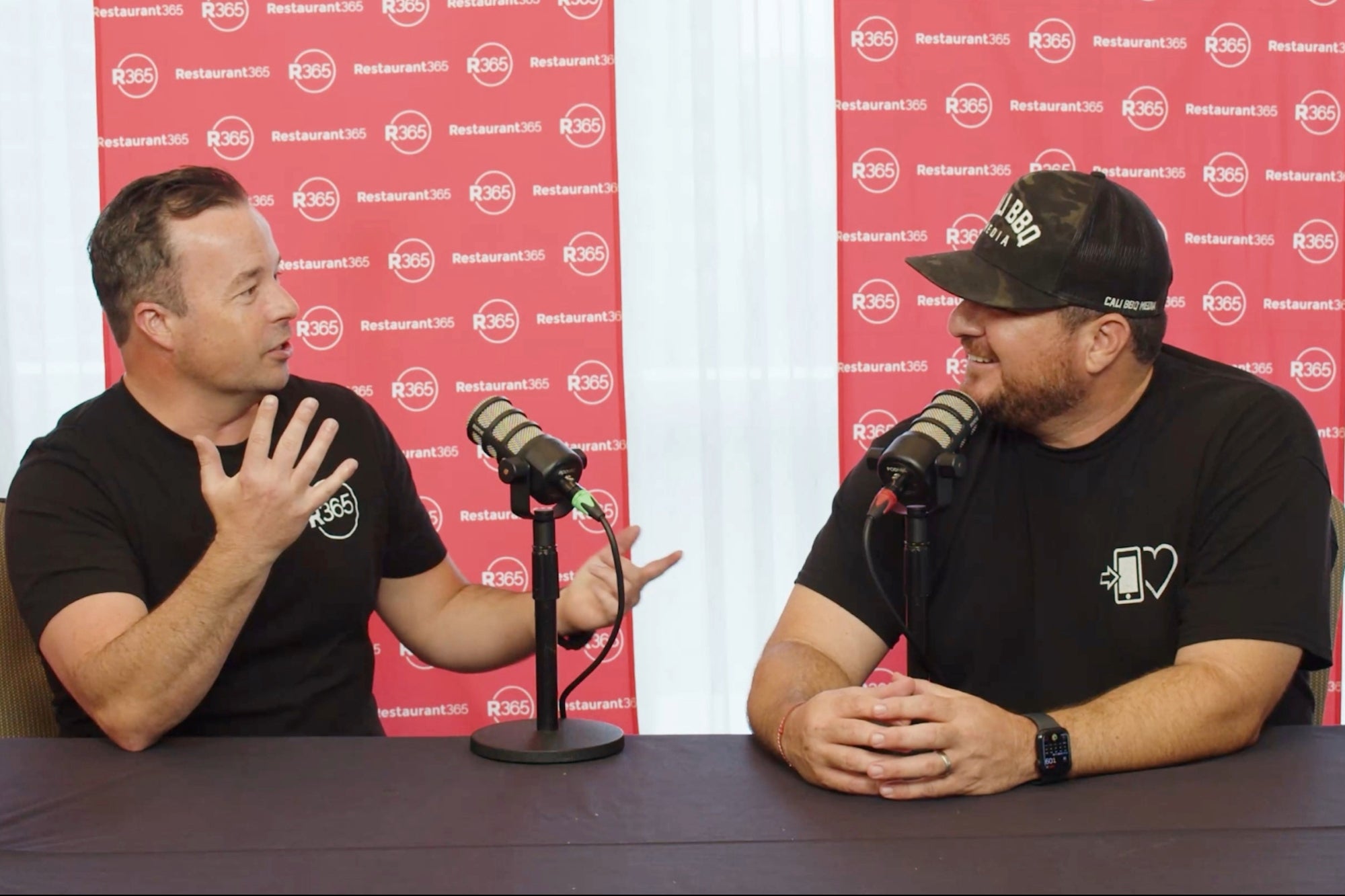5 Things You Have to Understand Before You Start a BusinessFive strategies for starting a business from the CEO and co-founder of web site creation and hosting service Weebly.
ByLaura Entis•
Opinions expressed by Entrepreneur contributors are their own.

Like many startupsWeebly, the website creation and hosting service, was born in a college dorm room. Back in 2006, co-founders David Rusenko, Chris Fanini and Dan Veltri wanted an easy way to display their work on a website. They weren't satisfied with the available options, so they set about creating their own service. A year later their project was accepted into the startup incubatorY Combinator, and Rusenko, Fanini and Veltri dropped out of school to move to San Francisco.
Fast-forward to present: 15 million people have created a site on Weebly, and 100 million people visit a Weebly site every month. The company has been profitable since the beginning of 2009 and currently employs 80 people.
Here's Weebly CEO David Rusenko on how aspiring entrepreneurs can do what he did seven years ago, and turn an idea into a business.
Related:How Accelerators Help Start-ups Get Funded
Start. Today.
Rusenko cites analysis paralysis as the single biggest obstacle between a great idea becoming a successful business. "A lot of times, it's more appealing for people to think about what they might be working on rather than actually start doing it," he says. Your idea doesn't have to be perfect -- perfect is impossible. Instead of obsessing over every single detail, "see where it goes, and then adapt it over time," Rusenko advises.
Don't expect overnight success.
Tech lore is chock-full of instant success stories. Most of them, Rusenko insists, are pure illusion. While a startup may blow up quickly – awash in money and press coverage seemingly overnight – it's often a result of years of behind-the-scenes hard work. "If within three months, nothing much has happened, just remember that it took us over a year to even apply to Y Combinator," Rusenko says. "Get started now, but understand that it's going to be a long and difficult process."
Build off of past failures.
This ties back to Rusenko's previous point: hard work rarely results in immediate reward, but it can lead to amazing opportunities down the road. The most successful entrepreneurs have put in years of hard work, Rusenko says. "It's not always directly related to what they are working on now, but they've tried out multiple ideas." He points to Ben Silbermann, who developed the unsuccessful app Tote before eventually hitting it big with Pinterest, as evidence that initial failure should never be the endpoint.
Related:Why You Should Ditch Your Billion Dollar Business Ambitions
Create a product people actually want.
It sounds simple, but Rusenko sees many entrepreneurs getting bogged down in the nuts and bolts too soon. "Early on, people tend to focus on things like getting official company seals and letterheads, finding a law firm, filing patents etc.," Rusenko says, "but those things are actually incredibly easy to do." Before getting to the details, make sure you can adequately answer this question: will anyone want our product?
Like your co-founders.
"One of the biggest reasons companies fail early on, is co-founder disputes," Rusenko says. And while there's always a certain amount of luck involved – friends don't always make good business partners (just askNoah Glass)——Rusenko坚称甲型肝炎是很重要的e a natural rapport with the people you're going into business with. You'll be seeing a lot of them, after all. As in a successful marriage, "good communication is key."












